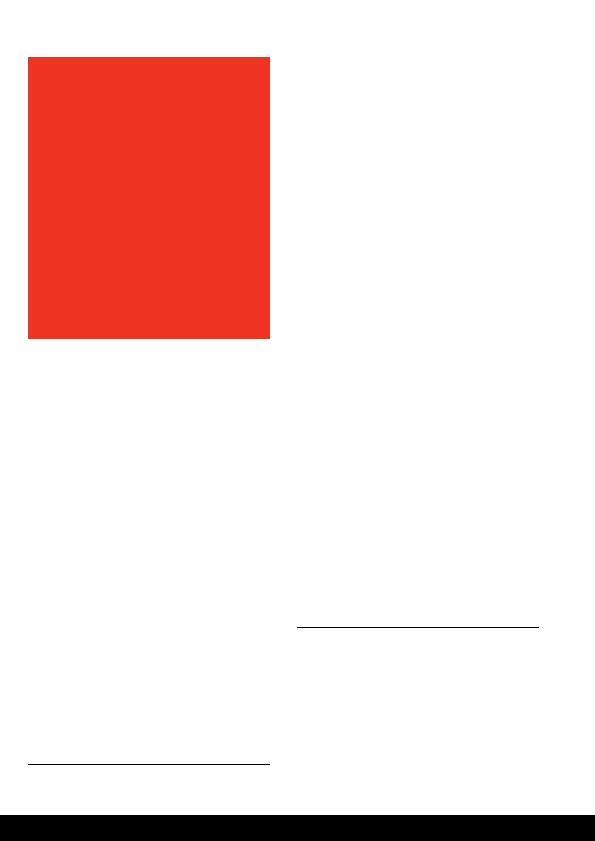
a woman, and when you're inside,
is like an abusive partner. It judges
you, constantly, on every aspect of
your life, from your character and
personality, to your values and beliefs
and relentlessly reminds you what a
`scumbag' you are. You are stripped
of your power to make decisions,
including those over your own body,
(mind and body must of course
remain exposed and vulnerable at all
times), and then you are systematically
disempowered, de-skilled and de-
valued deconstructed you might say,
and then, you are re-constructed into
someone who is wholly dependent on
the system...which then fails to meet
your needs again, no different to an
abusive partner.
partner', for many Koori women it offers and provides
services that are unobtainable elsewhere. Prison
may act as a circuit breaker as it provides Koori
women with accommodation, regular meals, and
reduced opportunities to obtain drugs and alcohol.
prison provides them with a support network (a result
of increased numbers of Koori women in prison), as
well as access to cultural programs and services.
prison is a better option. Prison
provides security.
connection that the Koori women at DPFC have with
the Aboriginal Wellbeing Officer. This role provides
women with cultural support and a link to outside
community organisations. For many Koori women
in our focus groups, this was the first time they
have had a cultural maternal role model. Again, this
demonstrates that Koori women have experienced
community, social and emotional disconnection and
that their needs are unmet prior to imprisonment.
offer women a chance to learn new skills and
start again, for most prison compounds Koori
women's needs, removes them from their family
and the community and further entrenches their
disadvantage and institutionalisation.
Focus group participant, 17 January 2013.
include:
· legal services
· family/parenting programs
· educational programs
· vocational programs
· recreational programs
· transitional programs.
In addition, there are some programs that are
solely for Koori women including:
of healing' offered to all Koori prisoners. It
provides Koori prisoners the opportunity to deal
with issues associated with removal from their
families and community in culturally appropriate
and supportive environment.
to provide Koori prisoners with an increased
understanding of their cultural identity to reduce
the risk of reoffending.
developed by the Victorian Aboriginal Child
Care Agency (VACCA) in partnership with the
Victorian Aboriginal Community Controlled
Health Organisation (VACCHO). The program
aims to build confidence in parents and families
of Aboriginal children, with an emphasis on an
increased understanding and knowledge of self,
Aboriginal culture and parenting practices and
styles to build resilience.
Also offered at Tarrengower. Provided by Caraniche.
See, Caraniche, Prison based Services. <http://www.
caraniche.com.au/index.php/forensic-services/prison-
based-services> at 11 June 2013
Carmel Barry, `The Aboriginal Cultural Immersion
Program' (Paper presented at the Best Practice
in Corrections for Indigenous People Conference,
Adelaide, 13-15 October 1999) 4.
State of Victoria, Department of Justice, `AJA3', above
n 15, 115. See also, Sue-Anne Hunter and Peter Lewis,
`Embedding Culture for a Positive Future for Koorie Kids'
(Paper presented at Association of Children's Welfare
Agencies' Positive Futures conference, Sydney, 14-16
August 2006) <http://www.acwa.asn.au/Conf2006/
HunterPaper_ACWA2006.doc> at 4 July 2013.